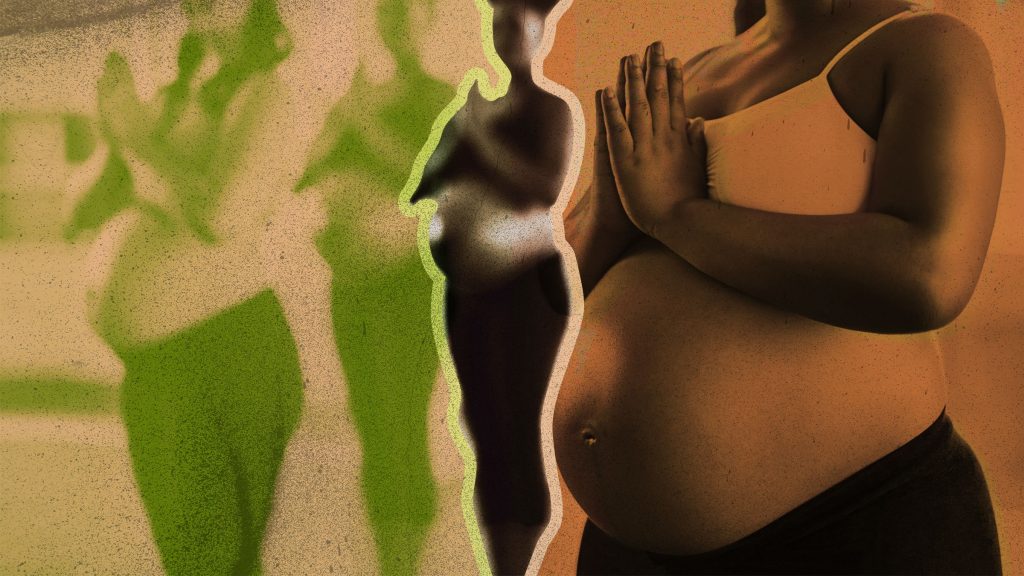Inequality Is a Health Risk—and It’s Getting Worse
1 min read
Inequality Is a Health Risk—and It’s Getting Worse
Health inequality refers to the unequal distribution of health outcomes among different populations, typically based on factors such as income, race, ethnicity, and geography.
Studies have shown that individuals from lower socioeconomic backgrounds tend to have poorer overall health outcomes compared to those who are more affluent.
This disparity in health outcomes is often exacerbated by limited access to quality healthcare, nutritious food, safe housing, and clean water.
As income inequality continues to rise globally, so does the gap in health outcomes between the rich and the poor.
Research has also found that racial and ethnic minorities are disproportionately affected by health inequalities, facing higher rates of chronic diseases, shorter life expectancies, and lower quality of care.
Addressing health inequality requires a multi-faceted approach that includes improving access to healthcare, addressing social determinants of health, and promoting health equity policies.
Efforts to close the gap in health outcomes must also involve addressing systemic issues such as racism, discrimination, and income inequality.
By acknowledging and addressing the root causes of health inequality, we can work towards creating a more equitable healthcare system that prioritizes the well-being of all individuals.
It is imperative that policymakers, healthcare providers, and communities work together to address health inequality and create a healthier future for all.






